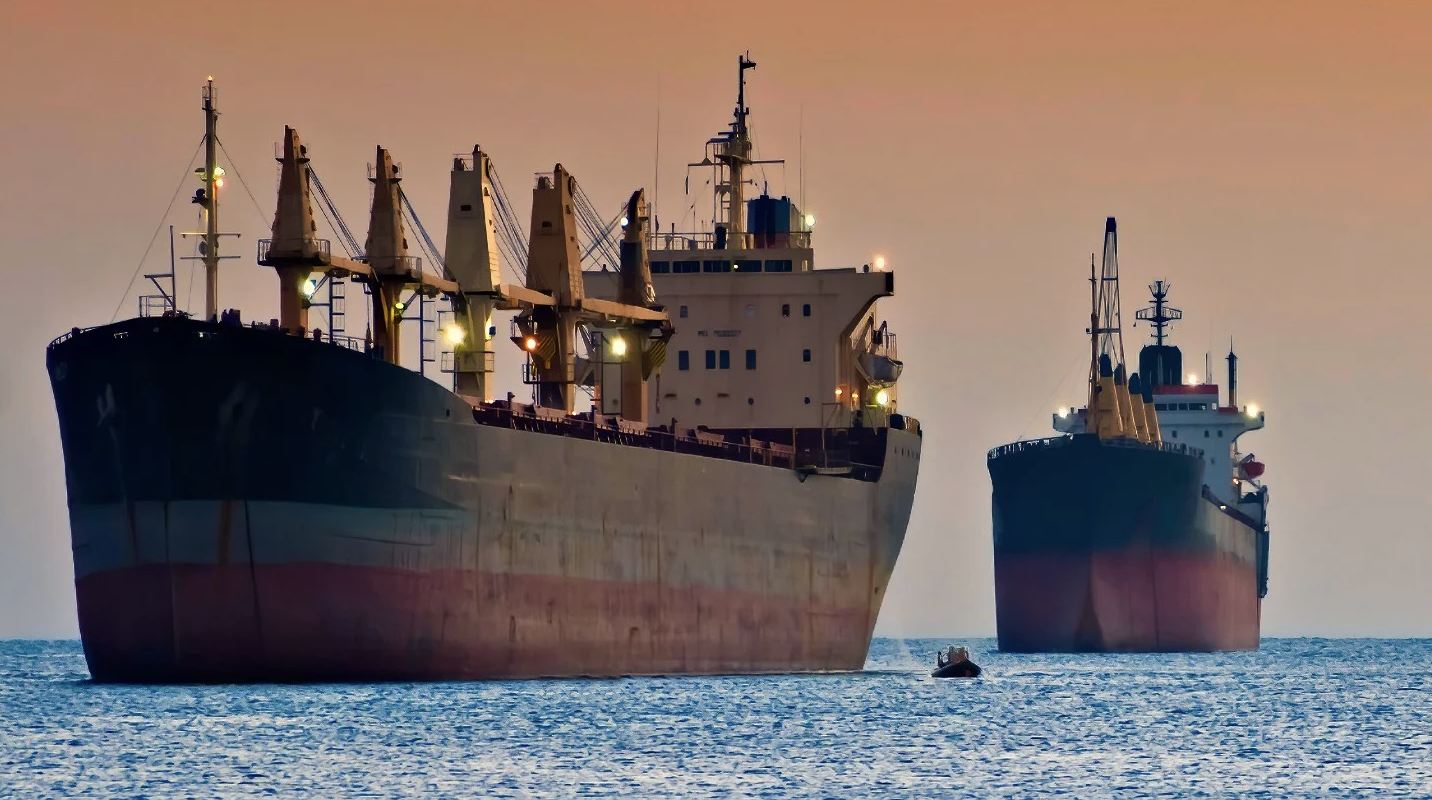
Impact of the Houthi Rebels and Red Sea Crisis as Ceasefire Holds
The fragile ceasefire between Israel and Hamas, now in its second week, is showing signs of positively impacting maritime security in the Red Sea. Recent reports indicate that several U.S. and UK-affiliated vessels have successfully transited the region without incident since the ceasefire began on January 19, 2025. While risks remain, the lack of recent attacks by Houthi forces suggests a cautious optimism regarding stability in one of the world’s most critical shipping lanes.
Gradual Resumption of Maritime Commerce
The Joint Maritime Information Center (JMIC) has confirmed that six vessels associated with the U.S. or UK have traversed the Red Sea safely. This development raises hopes that commercial shipping may gradually return to normal, though experts caution that full resumption of regular Suez Canal routes could take months. The continued lack of Houthi attacks on commercial vessels since December 2, 2024, further supports this cautious optimism.
Despite this, security analysts warn that threats persist. While the Houthi-aligned Humanitarian Operations Coordination Center has announced a pause in military operations against most merchant vessels, the Iran-backed rebel group remains hostile toward Israeli-owned or flagged ships. Houthi leader Abdul Malik al-Houthi has explicitly stated that his forces are prepared to resume attacks if Israel resumes its military operations in Gaza.
Ongoing Security Concerns
Since November 2023, the Houthi campaign in the Red Sea has resulted in over 100 vessel attacks, leading to two ships being sunk and four seafarer fatalities. These attacks forced many shipping companies to reroute vessels around the Cape of Good Hope, significantly increasing transit times and costs.
The release of 25 crew members from the Israeli-affiliated car carrier Galaxy Leader following the ceasefire was a notable humanitarian gesture, but the ship remains under Houthi control. This underscores the complex nature of the current situation, where de-escalation efforts remain fragile and contingent on continued diplomatic negotiations.
Security Considerations for Transiting Vessels
Maritime security remains a key concern for vessels navigating the Red Sea, including commercial ships, cargo vessels, and superyachts. Shipowners and operators are advised to implement enhanced security protocols, including:
• Route Diversification: Where possible, vessels should consider alternative routes to avoid high-risk areas.
• Armed Security Personnel: Employing onboard security teams can provide an additional layer of protection.
• AIS Monitoring: Ships should maintain constant tracking and communication with maritime authorities.
• Convoy Travel: Coordinating with other vessels for group transits can reduce exposure to threats.
• Emergency Preparedness: Crews should be trained on emergency response protocols, including safe havens and evasive manoeuvres in case of an attack.
• Coordination with Naval Forces: Operators should liaise with international naval forces patrolling the region for intelligence updates and potential escort services.
Superyachts, which may not be traditional targets but present high-value assets, should adopt stringent security measures, including discretion in itinerary planning, the use of private security details, and avoidance of prolonged anchorage in vulnerable zones.
Future Risks and Considerations
The ceasefire’s first phase is scheduled to last 42 days, with Phase 2 negotiations expected to begin in week five. While maritime security has improved, potential flashpoints remain. A breakdown of the ceasefire, any escalation of military actions against the Houthis by the U.S. or UK, or renewed Israeli military operations in Gaza could all reignite hostilities in the region.
Shipping companies remain wary, continuing to conduct thorough risk assessments before sending vessels through the Red Sea. JMIC has reiterated that while the situation appears to be stabilising, the risks in the Red Sea and Gulf of Aden remain elevated.
The temporary stability in the Red Sea has provided a respite for international shipping, but the situation remains fluid. The impact of the ceasefire is evident in the lack of new attacks, but the long-term outlook depends on sustained diplomatic efforts and adherence to the agreement by all parties. For now, the maritime industry remains on high alert, monitoring developments closely before making any major operational shifts back to pre-crisis routes.
For more information on maritime security services and strategies, or to speak to one of our experts, you can contact our team at enquiries@priavosecurity.com.
